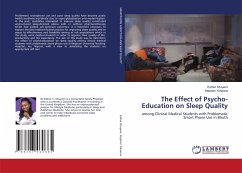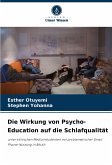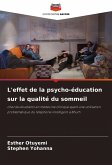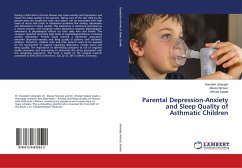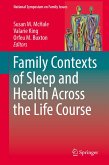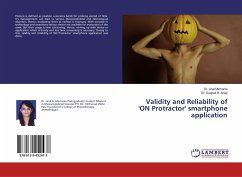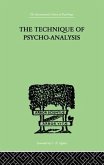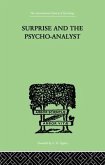Problematic smartphone use and poor sleep quality have become public health problems worldwide due to rapid globalization and modernization. In the past, modalities attempted to improve sleep quality constituted unstructured sleep-directed advice with or without pharmacotherapy which had yielded sub-optimum outcomes. It is therefore necessary to explore the best evidence-based practice for improving sleep quality and to assess its effectiveness and feasibility among at risk populations which in this study, were medical students in order to improve their quality of life, productivity and life expectancy. The aim of this study was to determine the effect of psycho-education on sleep quality among clinical medical students with problematic smart phone use in Bingham University Teaching Hospital, Jos, Nigeria, with a view to sensitizing the students on appropriate self-care.
Bitte wählen Sie Ihr Anliegen aus.
Rechnungen
Retourenschein anfordern
Bestellstatus
Storno

